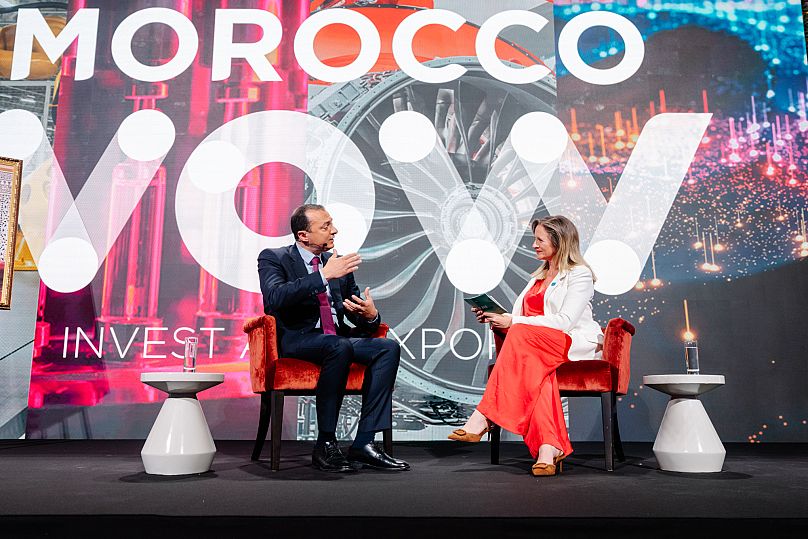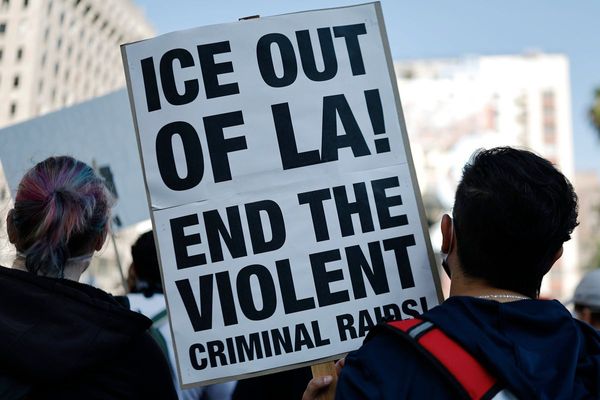Morocco had the fifth highest GDP in Africa in 2024, according to Statista.
At the same time, S&P Global Ratings upgraded the country’s credit rating to BB+ with a positive outlook, replacing the previously stable outlook. This gives the country the third highest rating on the continent, after Botswana and Mauritius, which are the only nations to achieve ‘investment grade status’.
According to S&P, the BB+ status denotes an expectation that “the Kingdom will strengthen its track record of implementing reforms to support growth and reduce its deficits.”
This aligns with the country’s conscious efforts to attract foreign direct investment and establish itself as a gateway between Europe and Africa.
In this episode of The Big Question, Euronews’ business editor Angela Barnes is joined by Ali Seddiki, general director of the Moroccan Agency for Investment and Export Development (AMDIE), to discuss the country’s future role in the global economy.
How can Morocco support Europe’s economic future?
As Europe grapples with competitiveness challenges and uncertainty over its future economic relationship with the US, it is crucial for the bloc to explore other strategic partnerships.
“When we discuss with our European counterparts, we understand that green and ESG-compatible industries are important for Europeans. They are also looking for additional cost-efficiency, competitiveness, and also for future markets,” Mr Sedikki told The Big Question.
“Africa is also the market of the future [...] and clearly we think that Morocco is part of the solution for the European companies.”
Morocco’s Investment Charter, first introduced in 2022, seeks “to raise the share of private investment to two-thirds of total investment by 2035.”
The charter implemented investment support mechanisms, an improved business climate by simplifying processes and bureaucracy, improved governance so all regions can benefit, tax incentives and legal safeguards.
“It works on creating a suitable environment for investors, less bureaucracy, more efficiency,” Mr Sedikki explained.
The country also created a Ministry for Investors and AMDIE “to help investors and provide end-to-end services and we work as a one-stop shop for any kind of investor,” he added.

Morocco’s green energy industry
Morocco has a growing green energy industry, with a particular focus on wind and solar.
The Kingdom is aiming to source at least 52% of its electricity from renewables by 2030, positioning itself as a regional leader in the energy transition in Africa.
“What we want to make sure of is that this potential is used to positively impact the Moroccan economy,” Mr Seddiki noted.
“We have a great young population entering the job market, that's a huge opportunity, but also it's a challenge, we need to create jobs. So now the strategy is how can we leverage our natural, sustainable resources in order to create sustainable jobs for our young people entering the job market?”
The Big Question is a series from Euronews Business where we sit down with industry leaders and experts to discuss some of the most important topics on today’s agenda.
Watch the video above to see the full discussion with the Moroccan Agency for Investment and Export Development.







